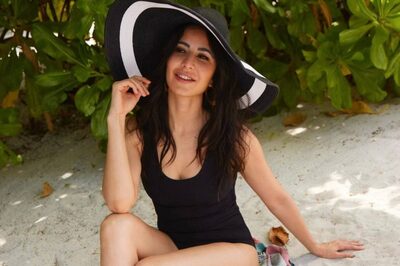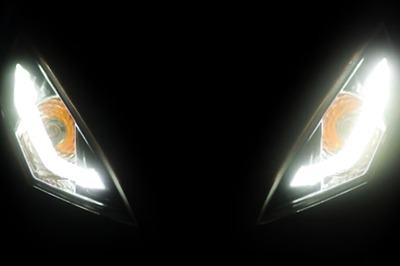
views
A distinguished scientific panel on Tuesday told the White House that it is unlikely that the novel coronavirus would disappear on the onset of warm weather conditions, CNN reported. The development assumes significance given President Trump's repeated assertions that the infection causing virus would “miraculously” go away “when it gets warmer.”
The members of a National Academy of Sciences committee, in a letter to the White House, stated that there is varying data on whether the coronavirus advances as quickly as it does in cold conditions, but held that it might be of little consequence as not many people in the world have attained immunity to the disease, yet.
"There is some evidence to suggest that [coronavirus] may transmit less efficiently in environments with higher ambient temperature and humidity; however, given the lack of host immunity globally, this reduction in transmission efficiency may not lead to a significant reduction in disease spread without the concomitant adoption of major public health interventions," the letter said.
Scientists from NAS's Standing Committee on Emerging Infectious Diseases and 21st Century Health Threats submitted the letter to Kelvin Droegemeier at the White House Office of Science and Technology Policy, CNN reported.
The letter citing a study of the outbreak in China, remarked that even where high temperatures and humid conditions were prevailing, the virus proliferated rapidly and each infected person passed it on to around two more individuals on an average.
"Although we can hope weather will make some contribution to the reduction in transmission, we can't rely on it alone. We have to continue to employ social distancing and other measures to reduce transmission," Dr. William Schaffner, an infectious disease specialist at Vanderbilt University Medical Center, who is not a member of the NAS committee, was quoted as saying by CNN.
The scientists, in their letter, also said that a few laboratory studies have revealed a reduced transmission of the coronavirus in hotter and humid conditions, but added that it continued to remain a concern.
The letter goes on to elaborate on how Chad Roy, a researcher at Tulane University, exposed the virus to warm and sultry conditions in a laboratory and probed it for 16 hours.
As per the letter, Roy found, rather “surprisingly" that novel coronavirus survived longer than flu, monkeypox, tuberculosis or the coronavirus that causes SARS. The letter further highlights how even outside the laboratory, the virus was continuing to spread in countries with warm weather conditions.
"Given that countries currently in 'summer' climates, such as Australia and Iran, are experiencing rapid virus spread, a decrease in cases with increases in humidity and temperature elsewhere should not be assumed," the letter added.
The letter also points out that, though flu generally is a seasonal occurrence, it’s not always the case when it’s a novel strain and not many have gained immunity against it. New strains of flu have caused an outbreak in hot and cold conditions, and a second wave usually followed about six months afterward.




















Comments
0 comment